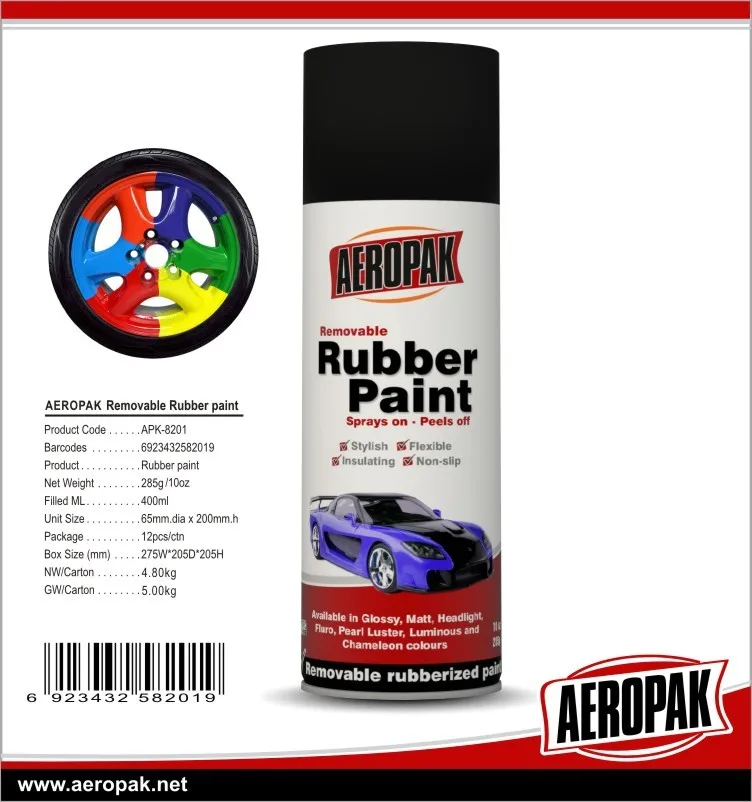05th Jun,2022
So you’ve got paint on your tires. While there are different methods you can do to remove it by yourself, it can be tricky and you might end up in a worse situation than before.
To help you out, we’ve put together this simple guide to remove paint from your tires.
Table of Contents
Depending on the method, removing paint from wheels can be as straightforward as taking a few minutes long changing your tires. Knowing how to remove paint from tires is a useful skill, especially if you’re fond of painting rims by yourself. If your car has wheel spacers the method to remove the paint is the same. Check out this guide if you don’t know what are wheel spacers.
Here are the different methods you can do: All the supplies that you need can be found on Amazon or your local auto parts store.
Check Today’s Price
Instructions:Check Today’s Price
Instructions: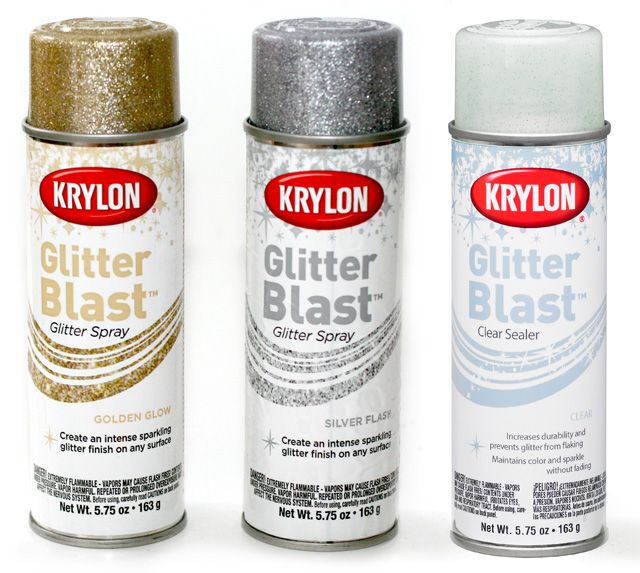
Vegetable oil may seem like an unlikely ingredient to remove tire paint, but it’s an effective technique to give your wheels a shiny-looking appearance without inflicting damage.
Method 3If the paint is still fresh, you can use this quick method to take off the unsightly stains from your tires in minutes.
You’ll need:Check Today’s Price
Instructions:This fourth and final method is ideal if you need to get road paint off your tires.
Road paint is typically harder to remove because they soak into the rubber. But surprisingly, it’s actually easier to remove if the painted part is on the treads. If you keep driving, the stains that mar your wheels will eventually wear off. If the paint is on the tire’s sidewalls, however, this is where it gets a little tricky.
You will need:Check Today’s Price
Instructions: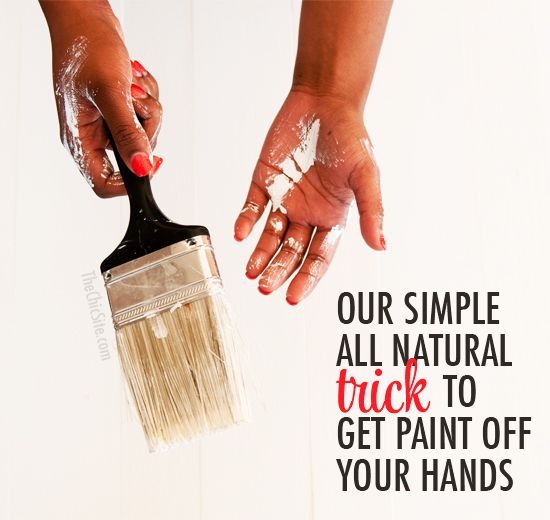 Then, use a lint-free towel to dry.
Then, use a lint-free towel to dry.If you search online posts regarding this matter, you’ll find that people are conflicted if paint thinner causes tire damage. Some users claim that thinners are an easy way to get the job done fast and that they’ve used it all the time.
However, petroleum products and solvents are very harsh and should not be used on tires. Buying new, reliable tires as you’ll see here is always an option, but it isn’t always the wisest one. When those products are absorbed by your tire, it will cause the rubber to break down.
Lacquer thinners, paint strippers, white wall cleaners, and other similar products are very caustic and will make your tire more prone to brittleness and cracking, thus significantly reducing your tire’s lifespan.
Although it can be said that short term exposure to these products won’t have any visible harm, it would be wise to stay away from them to keep the integrity of your wheels.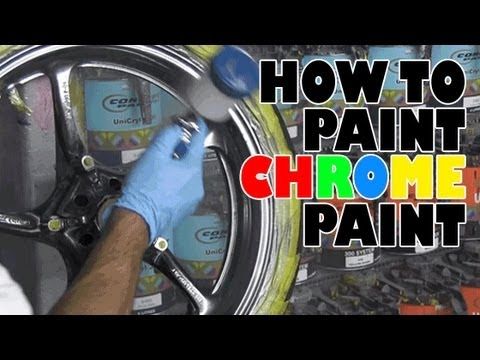 If you’re using any of these products in your home, be careful when handling them as they may cause damage as well.
If you’re using any of these products in your home, be careful when handling them as they may cause damage as well.
Removing tire paint may seem like a daunting task, but it can be made easy with the proper materials at hand. With the different methods listed above, you’re sure to find one that works when getting the stains off your tires.
Just remember that although your tires are tough, products such as solvents can be harmful and should not be used. Also, ensure that you do some maintenance to keep tire quality every now and then.
If your struggling to remove your tires, check out this seperate guide.
Oops, you just noticed you accidentally got some spray paint on your tires while you were painting the rims last week. Or maybe you drove over some wet paint that caused some of it to dry up on your tires. No matter the cause, you want to get the spray paint removed to keep your tires looking new again.
Fortunately, you can use several household products to remove paint from tires. In this article, we’ll provide a few helpful tips and answer the question: How to get spray paint off rubber tires.
How to remove spray paint from tiresTable of Contents
Removing paint from tires is a fairly easy process, and less stressful than removing paint from your car’s trim or body where you can potentially scratch the surface or cause the paint to fade. Read more about How To Remove Spray Paint from Rims and How to Remove Spray Paint from a Car
Here are five different ways to remove spray paint from car tires:
Rubbing alcohol is a tried and true method for removing spray paint from a variety of surfaces, including car tires.
Materials needed:
Apply the rubbing alcohol to the painted area of the tire and allow it to soak into the paint for a short time. You can use warm water on either a cloth or a sponge and vigorously wipe away the paint marks. If all goes well, the paint should be removed quickly.
You can use warm water on either a cloth or a sponge and vigorously wipe away the paint marks. If all goes well, the paint should be removed quickly.
While you probably already know that vegetable oil is great for cooking, you may not have heard of it being used for removing paint from rubber.
It might take a little longer than some of the other processes we’ll discuss, but it’s incredibly convenient. Plus, you’ll save the time and money of having to take a trip to the store, since just about every home has a bottle or spray can of vegetable oil.
Materials needed:
Follow these steps to remove spray paint with vegetable oil from your car tire:
 You can use water intermittently
You can use water intermittentlyMaterials needed:
Before applying the bug remover, completely wash the tire with soap and water. Apply the bug and tar remover, and let it sit for a couple of minutes to allow it to soak into the spray paint.
Then use the cloth or brush to wipe away the paint. If there’s still paint on the tire, repeat the process until it comes off. Once all of the paint is gone, completely wash the tire with soap and water.
The baking soda method of removing spray paint from car tires is another convenient method, because who doesn’t have baking soda in their home?
Materials needed:
How to remove the paint:

Perhaps the quickest way to remove the spray paint is by actually using more spray paint on the tire.
Materials needed:
The process is simple: after cleaning the tire, spray the can of Krylon over the affected areas. The black color of the spray paint will effectively hide the original spray paint.
This is not the process to take if you want to restore your tire to its original condition because the color will not be an exact match with the rest of the tire. However, it can save you a lot of time, and most people will not notice the difference with an untrained eye.
However, it can save you a lot of time, and most people will not notice the difference with an untrained eye.
Perhaps the most effective way to remove dry paint from a rubber car tire is with a little bit of rubbing alcohol. Apply rubbing alcohol to the affected area. Once the alcohol has penetrated the dry paint, use a sponge soaked in warm water and a mild detergent to wipe away the paint.
A paint thinner can be highly effective at removing spray paint depending on the surface.
Yes. A paint thinner can remove some of the oils from tires, leading to possible cracking, chalkiness, and brittleness.
Paint removal can also damage rubber tires by eating away at the rubber.
Spray paint usually doesn’t cause damage to car tires, but it can be an eyesore if not removed.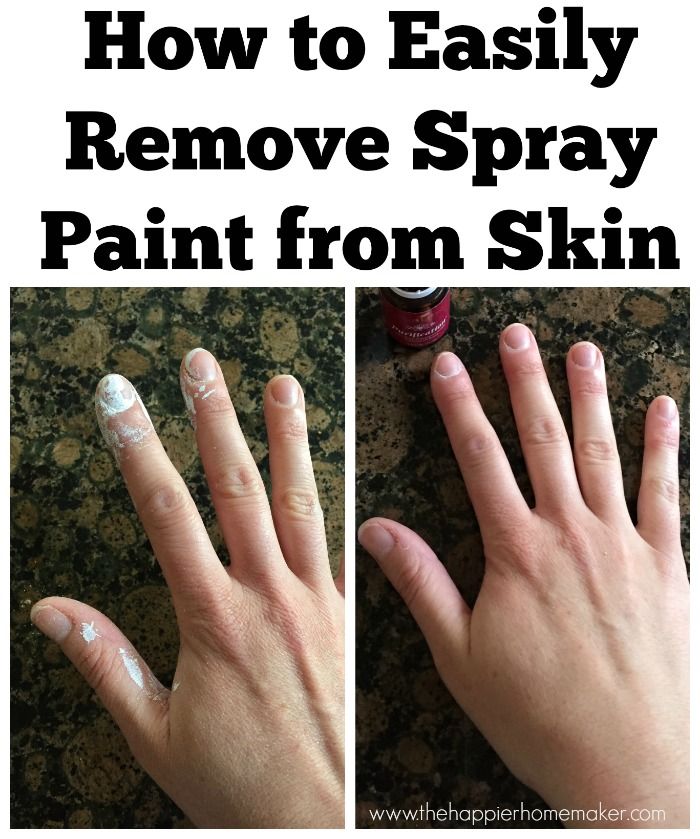
WD-40 has proven effective at removing spray paint from several surfaces, including rubber. Consider using a magic eraser to rub the WD-40 into the painted areas.
You can try and remove white wall paint or white lettering from a tire with a few steps. First, use an industrial-strength remover such as a CitriStrip, apply it to the white wall, and let it sit for 5 to 10 minutes. Then, use a brass brush to remove the paint.
Wipe the paint away using a microfiber towel and then apply an all-purpose cleaner and scrub the tire with a big brush with hard bristles.
Home »Miscellaneous» How to remove paint from the wheel of the car
Elegant Taliban started repairs in the yard.
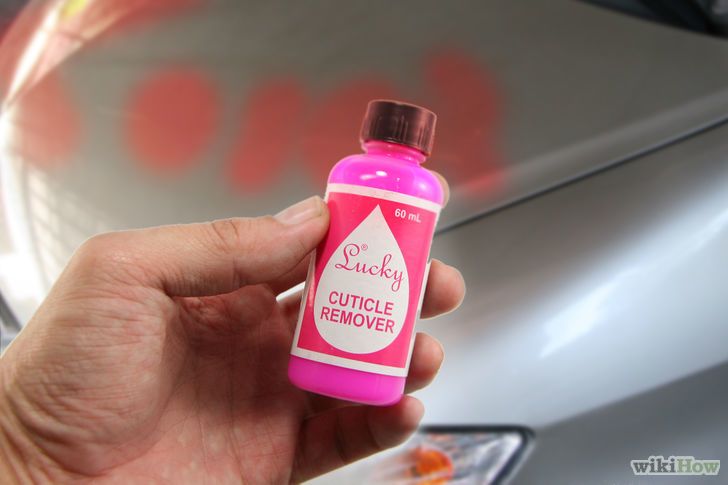
Painted the curbstone psychedelic. ? because narrowly - I thrashed the wheels. Now, on the one hand, I am cheerful, yellow-green, making everyone happy.
Is there any normal means to remove paint from ?in?
You can try a fresh one with a solvent, in theory, we should have oil and petrol resistant rubber, it should not corrode. Try to wipe off a small kusrchek
I was advised here to just paint over the rubber with a blackening agent.
I'll go to the car wash today, maybe they'll do something.
Can Cap park on the other side? For symmetry, so to speak.
Thought about it. If they don't help at the sink, I'll do it.
I don’t think they will help, the composition for blackening the wheels is essentially oil with some additives and it won’t paint over anything
but the idea about the solvent is sound, but I think it will be necessary to dilute it so that it is not very caustic.
Cap, old marine facility - Solvent, wipes everything.
Absolutely stress-free for the quality of rubber, it is washed off with white spirit, turpentine or a solvent for the corresponding paint, there is no harm to rubber, you can wash the wheel with car shampoo afterwards for peace of mind. The only unpleasant thing is that paint particles are badly removed from the perforation and inscriptions applied on the sidewall of the cover? You will have to sweat. In general, it’s better not to grind, because the pleasure in terms of labor costs is doubtful.)))
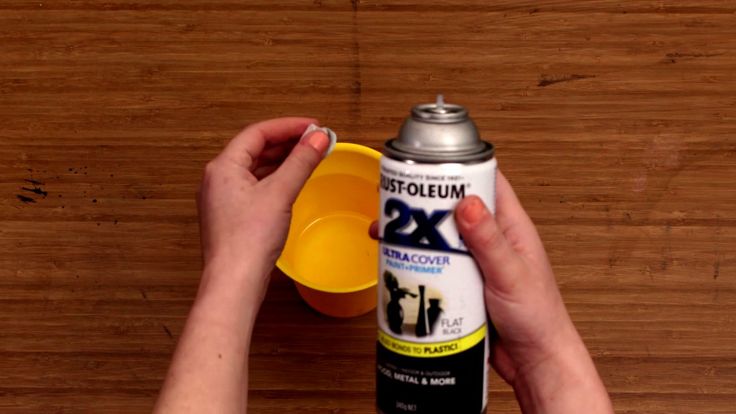
Answers in the comments.
washes very quickly.
also removes dried paint?
Easy! Just be careful not to hit the car!
thank you. I will know
I think there is no point! Under the paint, the rubber band always comes down, and the point is to go through with the cleaning and then see that it does not fulfill its function and throw it away ?!
does the gum dry out and become dull under paint?
You can say so, but rather the paint eats it up, it starts to crumble and loses its elasticity.
Removes well with a knife checked
If just painted over with a base, then a rag and a bit of thinner! If acrylic, or varnish is on top, then soak it in a solvent, but the gum will come to hell! As an option, a paint remover, but first try on a small area! You can use scotchbrite or fine sandpaper P1500-2000. The risks are not visible, the only thing is matting, but this is also being solved. Well, in principle, sooner or later everything will fly off the rubber bands! It only takes time!
Acrylic thinner (thinner for acrylic). As an option - Vika.
As an option - Vika.
I wash it all the time with a paint remover, the result is excellent and fast. The solvent will not take it, you scratch the rubber with a blade for a long time.
thanks for the advice
Cleaned with a cloth and solvent. Wet the rag. I put it on an elastic band and waited for it to soak. After 5 minutes, he scraped and rubbed with a rag again in a solvent. If the gum has dried out (dry) it will be a little more difficult to remove the paint.
Purely from personal experience:
If you use 646m, you can then see that the elastic has become too soft and has lost its shape. I got on the seal at 126. And I cleaned the remaining seals with the help of a freezer. Put the seals in the freezer, and then slowly tore off the rubber breaks (the main thing is not to overdo it)
Source www.drive2.com
A colleague is interested.
Successfully painted the borders in a variety of colors.Well, luckily and managed to grind the whole thing with rubber. Multi-colored such a wheel now.
The question is what can be removed.
thinner. Paint something most likely the cheapest oil.
Was:
VAZ 2107 '03|Kia Rio 1.5 '05|Legacy B4 RSK 2.0 '00|Caldina 2.0 '03
Is:
Mazda 6 2.0'08
.
646th solvent to help you.
Source forums.drom.ru
Automotive paint stripping tools and procedures
One of the biggest and most time consuming jobs on any project vehicle (unless you're building it from scratch out of raw sheet metal) is removing years of paint, primer and everything else on the body panels. There are as many different ways to remove paint as there are types of paint to apply. Many times, especially on older projects, there can be multiple layers of primer, urethane, varnish, and enamels between the bare metal and the outside.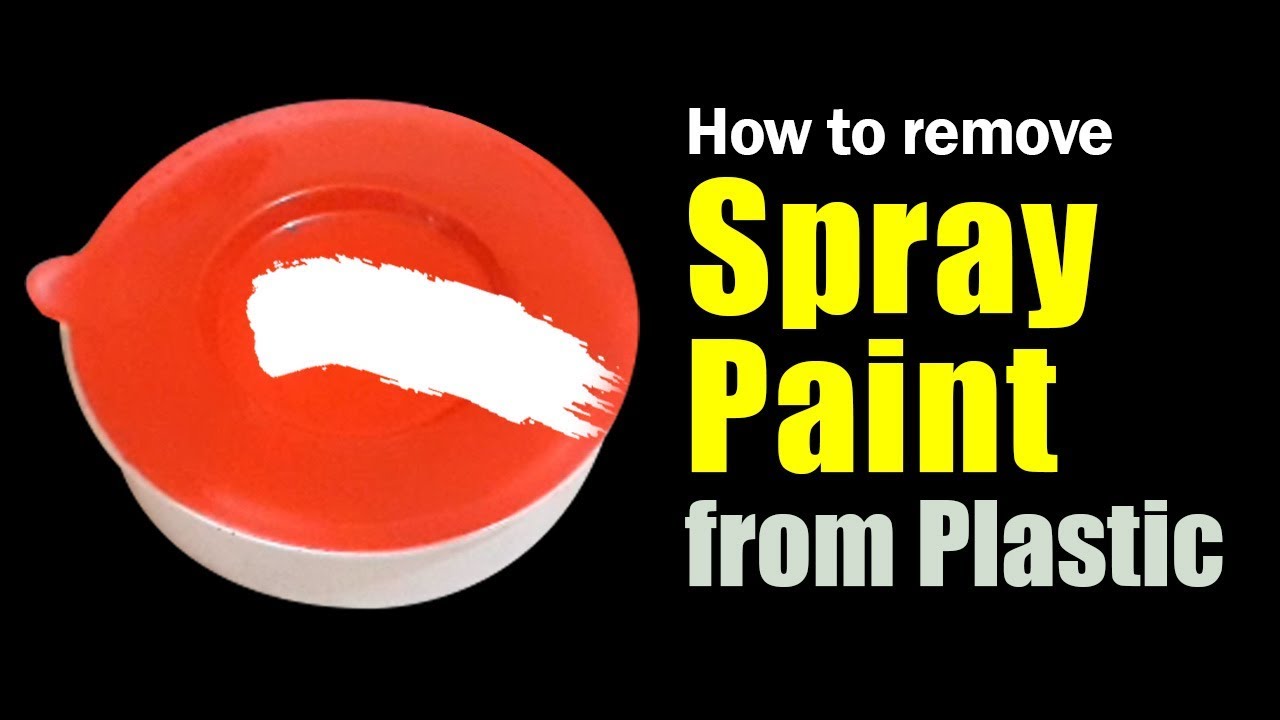 Knowing how to strip automotive paint is essential if you want to completely remove each old layer without damaging the metal underneath. .
Knowing how to strip automotive paint is essential if you want to completely remove each old layer without damaging the metal underneath. .
Matt took the extra hood from the Chevrolet Monte Carlo, which was a great example of this, and used it to show the various mechanical, chemical, and abrasive methods Eastwood suggests for removing old paints and primers. We hope this guide to car paint removal tools and methods will be useful for those who want to make repairs to repaint a project car or a daily commuter route.
Paint removers and safety equipment
Here on the table you can see various sanding, sanding and other mechanical methods to remove paint from a surface. Just behind Matt's elbow, you can see several sizes of chemical paint and Eastwood Gel remover. To the right of the picture, behind Matt, you can see a large blue Eastwood Abrasive Media Blaster for spraying various particles of material onto the panel, which will absorb the paint.
Of course, you always want to wear proper protective gear no matter what you're doing.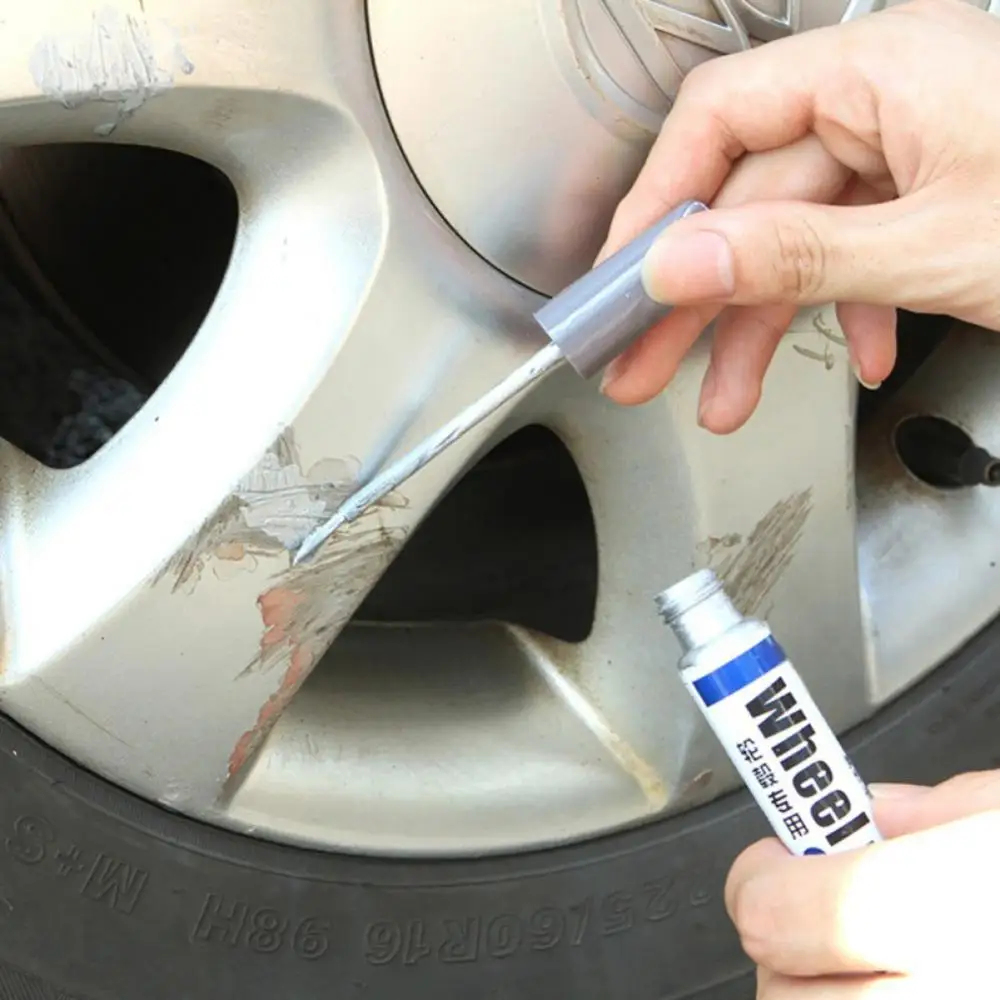 In addition to the usual hazards when you sand and grind, working on older cars can expose you to lead paint and solder, as well as rust and tetanus. You should at least wear safety goggles and a nose and mouth filter to keep dust out. A pair of durable leather gloves gives you something else to cut or burn before you get to your real skin. When the particles really start to fly, a transparent foldable face shield is also a good idea.
In addition to the usual hazards when you sand and grind, working on older cars can expose you to lead paint and solder, as well as rust and tetanus. You should at least wear safety goggles and a nose and mouth filter to keep dust out. A pair of durable leather gloves gives you something else to cut or burn before you get to your real skin. When the particles really start to fly, a transparent foldable face shield is also a good idea.
Hand sanding with block
This is the cheapest and easiest method of car paint removal, but only if you don't value your time or are just looking for an upper body workout. Mr. Miyagi is lucky to have he deceived local teenagers by promising to teach them karate.
The advantages of the paper and sanding block method are that there is very little to buy before you start, it is soft on metal and can get into really narrow, irregularly shaped areas. The main downside is that it will take a year to sand the old paint off the whole car. After 30 seconds of work, Matt was barely able to get through the top layer of black paint and down to white.
After 30 seconds of work, Matt was barely able to get through the top layer of black paint and down to white.
Double Action Sanding Disc
Next up is the same 80 grit sandpaper, but this time swirled with a double action sander, sometimes referred to as DA or Random Orbital. This is the best automatic paint removal sander we have found. It works in much the same way as grinding the arms, only air or electricity provides more work instead of the muscles of the arms, shoulders and back.
As you can see, in the same 30 seconds the DA under was able to strip off all the black paint, and in one place Matt focused on three other layers to expose the base metal. Disadvantages of the DA method: 1) you will burn through a lot of sandpaper 2) you need a good air source or an electric DA to keep up and handle the whole car, and 3) it's really only good for large flat panels. The advantages over doing this by hand are obvious, but it's not the best way to remove paint from a whole car.
4.5" Flap Discs
Another item often used to remove old paint is the flap disc that attaches to a conventional angle grinder. It's basically a flat disc with small pieces of sandpaper glued to it as overlays. All the edges of the paper give it a much more aggressive character than just a flat disc like the one on the DA.
The problem is that this is usually too aggressive. Sure, this tool will take care of all the old paint, but if you're not careful, it will leave a ton of gouges in the metal. Use too much pressure and it will even rub the grooves in it. All of this means that after sanding down with putty or high strength primer, more work is needed to undo the damage you just did while stripping the paint. They work great though for sanding and smoothing welds and surface rust.
Hook and loop cleaning disc
The next step is the Eastwood cleaning disc, which is like a heavy duty version of the green brush you use to clean pots and pans when washing dishes. It is available in a form similar to a valve glued to a fiberglass backing for use with an angle grinder, but for larger jobs it is much easier to use the Eastwood hook and loop version. The hook and loop kit comes with a special disc that screws onto your angle grinder. car, and cleaning discs that stick to it, in a reinforced version of Velcro. The discs are available in 80 and 320 grit and are easy to change.
It is available in a form similar to a valve glued to a fiberglass backing for use with an angle grinder, but for larger jobs it is much easier to use the Eastwood hook and loop version. The hook and loop kit comes with a special disc that screws onto your angle grinder. car, and cleaning discs that stick to it, in a reinforced version of Velcro. The discs are available in 80 and 320 grit and are easy to change.
The woven material of these discs is great because it doesn't fall apart when you use it and throw pieces all over the place. The flexible nature of the disc and backing makes them much less damaging to edges and body lines, and they don't crack if you push too hard. As you can see, they do a short job of blowing all that old paint off. But if you use the disc in one place for too long, the panel may be too hot and deformed, so keep moving.
Hook and loop disc
Next is a less aggressive 320 grain hook and loop. This one does the same job - it just takes longer.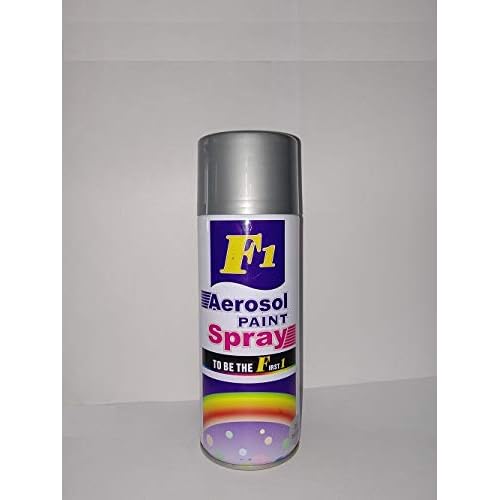 It is less aggressive and better suited for removing clearcoat and prepping a recent car with a single coat of paint.
It is less aggressive and better suited for removing clearcoat and prepping a recent car with a single coat of paint.
As you can see it leaves a smoother finish but takes longer to cut through the paint. Eastwood sells a set with both discs and a hook and loop for your angle grinder. It's great to start with a more aggressive 80 grit disc, cut through old layers of paint, and then smooth it all out with a 320 grit disc.0003
Here's a before and after on the same spot on the hood where we originally used the scraping disc, demonstrating how you can use the scraping disc to finish the job and get down to smooth bare metal. Here's before.
And that's after.
3M Plastic disc with bristles
Next comes the 3M plastic bristles. These bristles are very strong and attach to a disc that screws onto a regular 4.5" angle grinder. It works exactly like a wire wheel, only the rims don't fall apart as easily as wire wheels and are softer on metal.
As you can see, it's a bit more aggressive than the red wire strip, but not as harsh as a hook and loop sponge. And look how smoothly it removes metal after the paint is gone! These bristle discs are very durable and long lasting so great for big jobs like a whole machine. However, be careful around the edges because the bristles can catch on the edge and break, and they will hurt if they get on bare skin, so wear long sleeves and a face shield.
Roloc Quick Change Discs
These small discs are very similar to grinding discs and look like grinding discs, only they attach differently and are more flexible for sanding uneven surfaces. On the back of these discs there is a small a threaded stud that screws into a flexible rubber mandrel that can be attached to any drill.
The softer, more flexible nature of the mandrel allows it to be used for areas that are not flat. Also, because they are so small, they are great for working in hard-to-reach places like window frames and the like. They are available in 2- and 3-inch sizes and are commonly referred to as "cookies".
They are available in 2- and 3-inch sizes and are commonly referred to as "cookies".
This is for mechanical methods of removing old paint, but there are other methods for stripping paint that do not involve spinning discs.
Eastwood Paint & Powder Stripper
Guys often wonder about removing paint from chemicals. How well does it work? Is it safe for the panel? It's safe and works great, especially in places with curved bends or anything that might prevent you from getting a cleaning disc or bristle disc.
You really need to wear rubber gloves because if you put this on bare skin it will burn.
Then it's just a matter of cleaning. Use these acid brushes, which are made of plastic that won't melt in chemicals.
Wait 30 minutes or so and start peeling it off (Matt cheated and applied the puller before the cameras started rolling so it was ready now).
As you can see, the first application removed almost all layers of paint.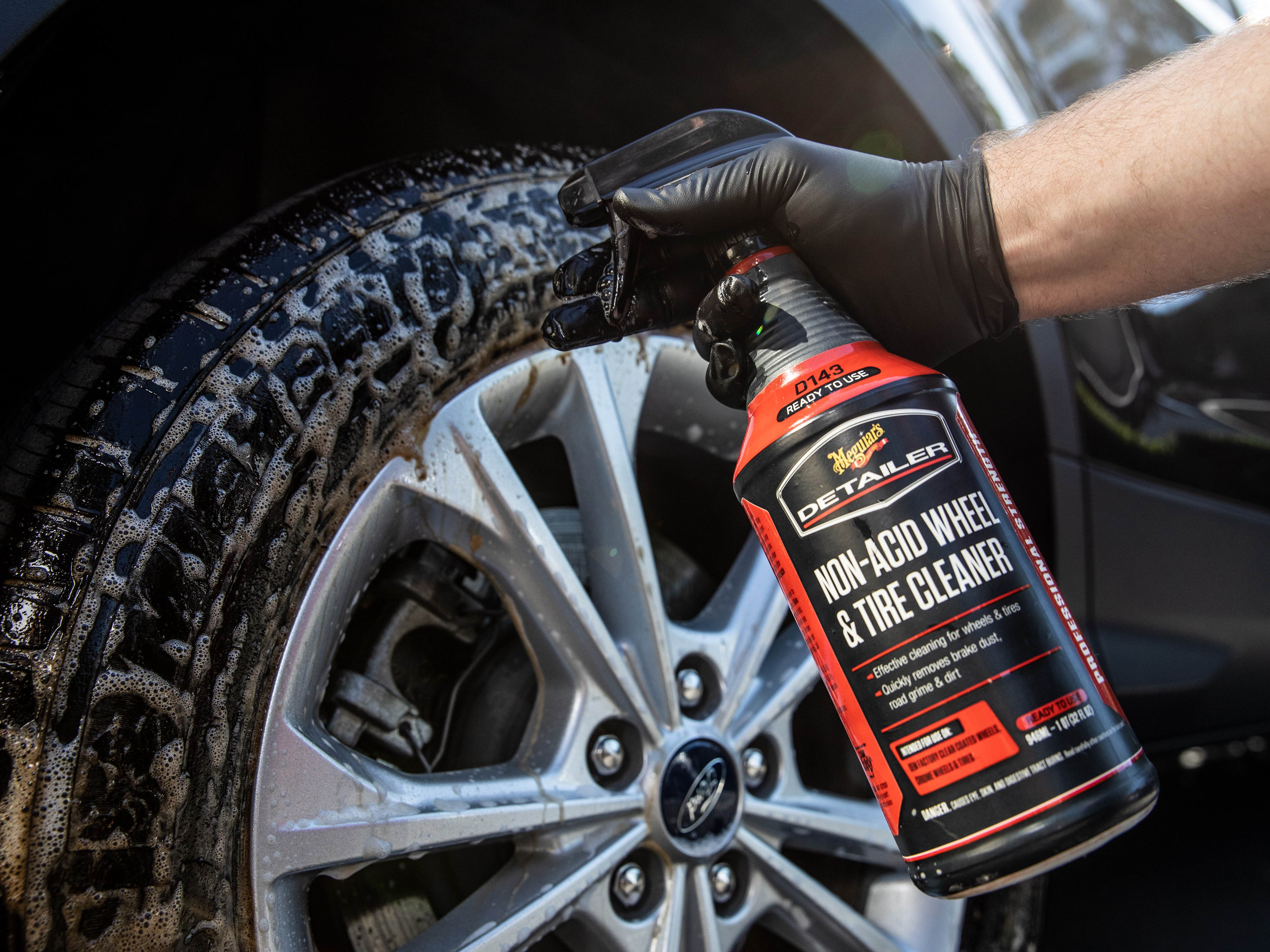 You can use mechanical means to strip the rest down to metal, or use a sanding tool and you should have a completely clean bare metal surface. To make it even more effective, especially with a modern clear coat, use a sander first DA to scratch the surface and then apply the remover.
You can use mechanical means to strip the rest down to metal, or use a sanding tool and you should have a completely clean bare metal surface. To make it even more effective, especially with a modern clear coat, use a sander first DA to scratch the surface and then apply the remover.
Media Blasting
Finally, the last and best method for removing car paint - and the most expensive to set up - is blasting. In blasting, high-pressure air jets atomize various fine particles such as frosted glass, aluminum oxide, silicon carbide, and walnut shells. For softer surfaces such as fiberglass and urethane, blasting does the same with softer media, like baking soda. However, you must be careful because blasting can still warp the panel if you stay in one place for too long and it gets hot. You also have to adapt the media to what you are undressing. Use too rough material to print on soft metal like aluminum or metal pot and you will be left with a rough surface that will take a ton of work to fix.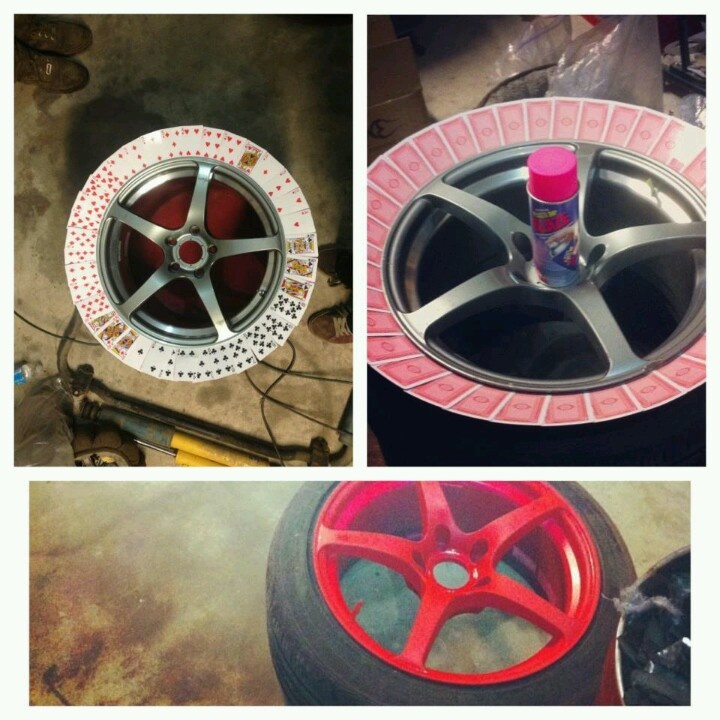
Eastwood offers large pressurized blast tanks that are great for dealing with entire vehicles or for frame and chassis blasting if you are rebuilding without a frame.
If you don't want to spend the money and commit yourself to such a large staging, Eastwood also offers the Small Blast Kit, which is very affordable and great for tackling only body panel problem areas.
The best place to use the latest s mall b kit, or any other blasting material, is in problem areas, like these intricately shaped hood edges. There's no way to get a cleaning disc or wheel, which means you could be there for hours with a piece of sandpaper scraping off paint by hand. A media blaster can handle it.
Eastwood Fast Etch
When you get to bare metal, you need to make sure you protect it so it doesn't rust right away. Eastwood Fast Etch not only helps remove minor surface rust and prepare bare metal for paint, but also leaves a protective phosphor coating.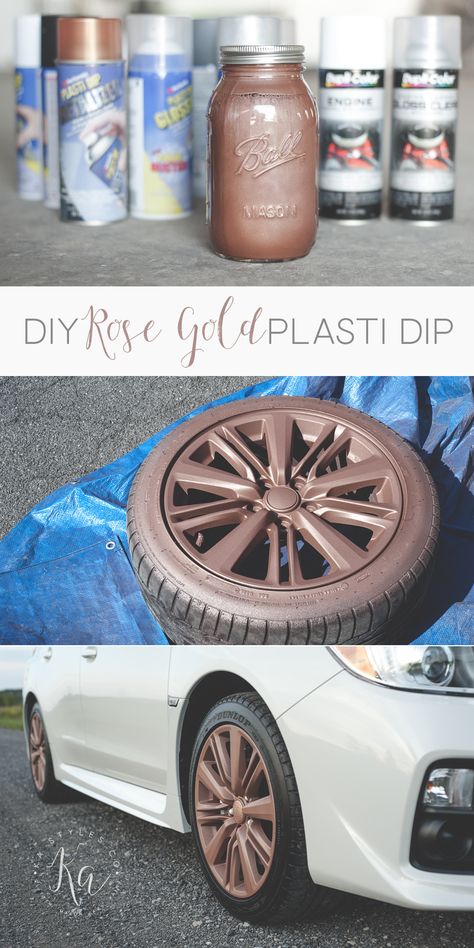 The coating will protect it for a long time and can be easily wiped off with PRE™ by pre-applying with a rag before painting.
The coating will protect it for a long time and can be easily wiped off with PRE™ by pre-applying with a rag before painting.
If you have surface rust on bare metal, you can spray Fast Etch, wait a few minutes, and then just wipe off. Here it is.
And that's after. Obviously, this could take a few more minutes.
To use Fast Etch as a protective coat, simply apply and leave on. It will absorb the metal and then react to create a protective phosphor coating.
So, these are the most popular methods for removing paint and working on metal. Of course, if you don't want to do it all yourself, you can always send the whole body to the media, fucked by a pro. There are also places with stripping tanks so big you can submerge the whole car to wipe off the paint and rust, but you won't be able to do something similar at home. However, sending a car to a paint stripping shop is often much more expensive. With so many options for different part sizes and restoration budgets, we're confident you can find the best paint removal method for your car that makes sense for your specific project.
How to remove spray paint from car interior
by Justin Aubrian
http://www.fixmystreet.com/photo?id=9190
Removing spray paint is not an easy task, especially when it's on the inside your vehicle. Interior spray paint stains can't be washed off with a power tool, and you won't want to use a strong cleaner because the smell can be unbearable. Here are some easy ways to remove spray paint from your car.
Put on safety goggles and rubber gloves.
Mix bowl of hot water with soap. Use a microfiber towel to scrub the spray paint stain in a circular motion. Dry the surface with a towel.
If soapy water doesn't remove the stain, try removing nail polish remover from spray paint using a Q-tip and cotton balls. Wipe it with a damp towel. Dry the surface with a towel.
If nail polish remover doesn't remove the stain, try rubbing alcohol in spray paint with a Q-tip and cotton balls. Wipe it off with a damp towel. Dry the surface with a towel.
Wipe it off with a damp towel. Dry the surface with a towel.
If alcohol doesn't remove the stain, try removing spray paint from eucalyptus oil with a Q-tip and cotton balls. Wipe it with a damp towel. Dry the surface with a towel.
If eucalyptus oil doesn't remove the stain, try cleaning your oven cleaner of spray paint with a Q-tip and cotton balls. Wipe it with a damp towel. Dry the surface with a towel.
If the oven cleaner does not remove the stains, try using a Q-tip and cotton balls to remove the paint thinner from the spray paint. Wipe it with a damp towel. Dry the surface with a towel.
 Wear safety goggles and rubber gloves when handling cleaners. Also leave the car window or door open for proper ventilation.
Wear safety goggles and rubber gloves when handling cleaners. Also leave the car window or door open for proper ventilation. .
Paint is the enemy of chrome. Maybe some of the paint splatter ended up on your chrome wheels. Or maybe you purchased a used set of wheels that someone spray-painted and you want to show off the chrome underneath. There is even a chance that you painted over the chrome yourself and then realized that you prefer to return the wheels to their original state. Either way, you need to remove the paint from the wheels without damaging the chrome.
There are several different ways to remove paint. Each includes the same basic steps:
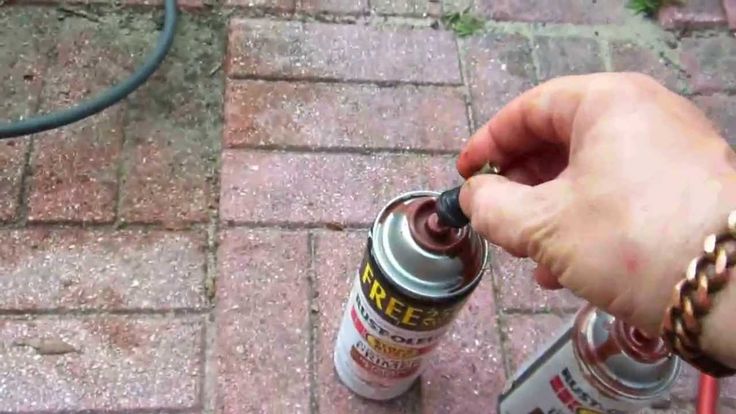
When removing paint from chrome wheels, you can use acetone, paint thinner or remover, chrome polish, rubbing alcohol, or even oven cleaner. occupation if the entire rim is covered with paint.
When removing or thinning paint, you must follow the manufacturer's instructions for removing paint. Essentially you will coat the surface of the rims and then cover them with plastic wrap and leave them overnight. The next day, you can use a paint scraper, a nylon scraper, and a soft cloth to remove the paint and then buff the chrome.
When using acetone or lacquer thinner, you need to apply the thinner to the fabric and allow the fabric to sit on the paint to soften it. Once the paint starts to break down, it can be removed with a scrubber, scraper, and cloth.
Alcohol and chrome polish can be applied with very thin steel wool. The paint will break and rub off.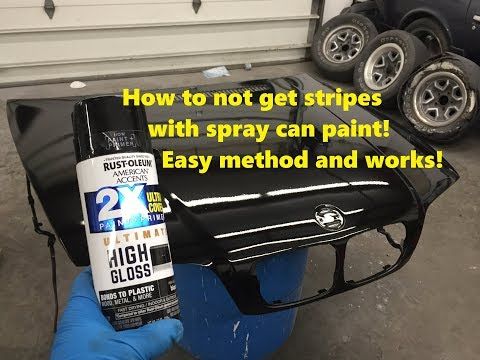
When using the oven cleaner, follow the manufacturer's instructions again as if the rims were inside the oven. Spray a thick coat of cleaner on the wheels and let them sit. You may want to cover them with plastic wrap to seal the cleaner. Remove the paint with a scraper and scraper.
You can thoroughly rinse the rims with clean warm water before polishing the chrome.
,
Published: Heading: PaintAuthor: S L
Today there are many different options for car styling. One of the most revolutionary of a long list of methods is painting cars with liquid rubber. This is a relatively new technology that has already attracted the attention of motorists. How to clean water-based paint from plastic?
It is gaining momentum more and more, bypassing other means in popularity.
Liquid rubber coating for cars
Liquid rubber coating for cars was developed and marketed by the American company PlastiDip International. This is a vinyl-based substance that can be considered a cross between paint and vinyl film.
It is applied to the surface of the car with an ordinary spray gun and in terms of external aesthetic properties it is in no way inferior to the most “advanced” styling options. Today PlastiDip technology is becoming more and more popular among car owners both in our country and abroad.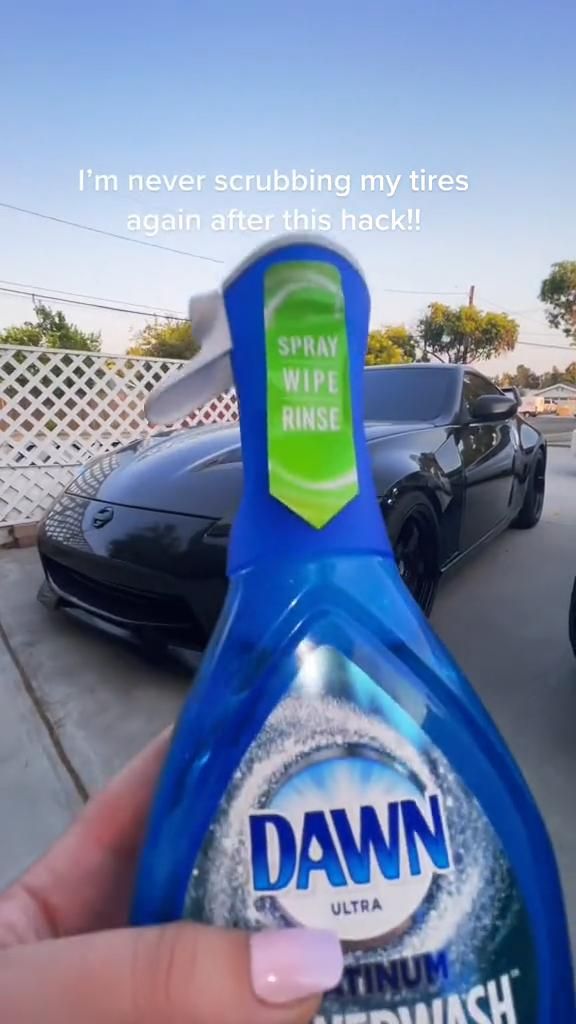
Which is better: underfloor heating or batteries?
Underfloor heating Batteries
Application of liquid rubber on a car body
If you carefully study the characteristics of liquid rubber coating, you get the following list of advantages:
As mentioned above, the technology of applying liquid rubber to a car is a combination of the advantages of painting and wrapping with a vinyl film. Let us consider in more detail the list of those factors that can be considered advantageous:
Car rims can be painted with liquid rubber
 ).
). All these advantages are, of course, a good argument in favor of using PlastiDip technology to style your car.
Car styling with liquid rubber
The manufacturer assures that if the application of liquid rubber was carried out with strict adherence to all the subtleties of technology, the removal will not cause you any special problems. If necessary, you just need to do the following for each section:
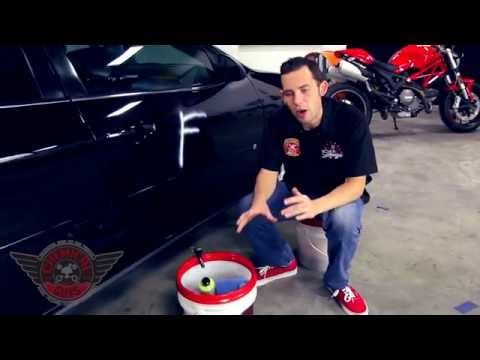 How to clean silver paint from clothes? It must be dry - no chemicals are needed. Rub until all plaque is removed.
How to clean silver paint from clothes? It must be dry - no chemicals are needed. Rub until all plaque is removed. However, if liquid rubber for an automobile has been applied to the surface of the car body in a wrong way, or if the coating layer is too thin, you may have difficulty. In this case, there is a possibility that you will not be able to remove the film in one piece, and the process of removing it will have every chance of becoming impossible for you. But do not be discouraged - there is a way out in this situation.
Use DipDissolver to remove liquid rubber that does not lend itself well to your efforts. This is a universal tool for removing thin layers, as well as for removing coatings applied in violation of technology.
The use of DipDissolver is quite simple:
